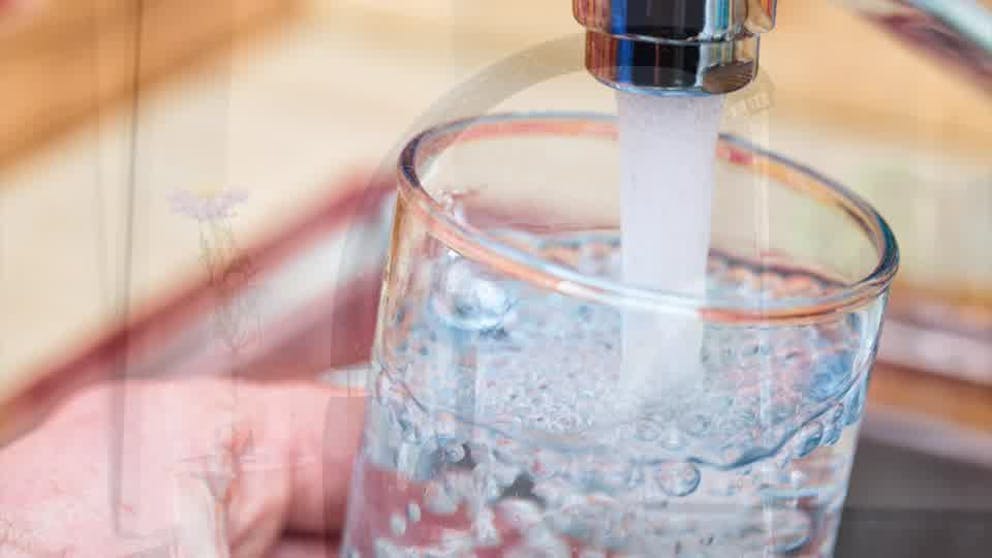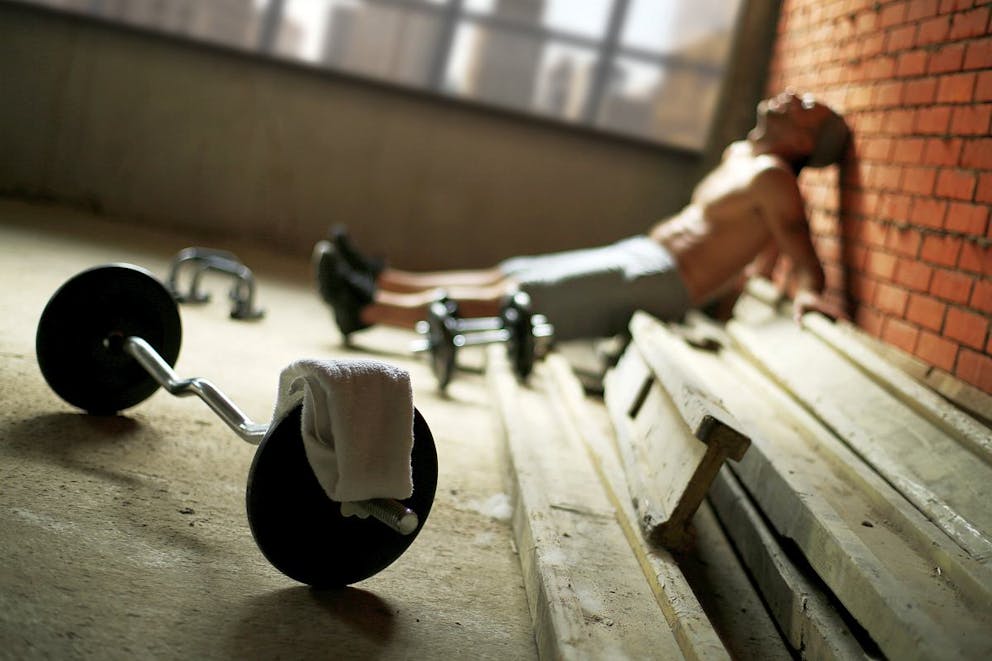Common Mistakes We Make While Drinking Water
Common water related mistakes, such as overhydration, ignoring electrolyte balance, and gulping down cold water, can throw off our bodies in surprising ways.
Learn about the best way to stay hydrated and how to avoid common hydration mistakes.
The Importance of Electrolyte Balance in Hydration
Water is crucial for health, but just chugging gallons won't cut it for proper hydration. What you need to get right is the balance between water and electrolytes: specifically sodium and potassium.
The Role of Sodium and Potassium in Hydration
Sodium and potassium are both vital, but they must be balanced. Why? Because their interaction controls fluid balance inside your cells.
Research shows that if this balance gets disrupted, problems can start cropping up.
Hyponatremia is a condition where there isn’t enough sodium in the blood due to excessive water intake without sufficient electrolytes. In other words, consuming too much water without any salt can cause you to become dehydrated.
Understanding Your Fluid Needs
Your body's fluid needs can be influenced by various factors, from the weather outside to the type of diet you're following.
Rather than adhering to a single set quantity of water, your hydration requirements should be adjusted according to the circumstances. You must adapt your intake based on what's happening in and around you.
Dehydration and Weight Loss
Dehydration can be a hindrance to your weight-loss endeavors. Things get even more complicated when you switch from a high-carb diet, where the body retains more fluid, to a ketogenic diet.
This is because when you reduce carb intake drastically, there’s an initial phase during which your body will burn through its glycogen stores for energy.
This process releases water leading to increased urination, a phenomenon often called 'keto flu' due to accompanying symptoms such as fatigue and headaches.
To counteract this potential pitfall, monitor your water intake and pay attention to signs of dehydration, such as dry mouth or feeling overly thirsty.

Bottled Water vs. Tap Water
The bottled and tap water debate is often rooted in convenience versus environmental impact. While 'healthy' bottled waters promise purity and taste, they contribute significantly to plastic pollution.
But before we write off tap water, let's consider its potential hazards. Typical contaminants found in unfiltered taps include glyphosate from pesticides and nano-sized plastic particles shed by pipes or fixtures.
Glyphosate: A Hidden Threat?
Glyphosate, a common herbicide used worldwide, has been linked to various health issues like gut disorders and certain cancers. It seeps into groundwater after being sprayed on crops and ending up in our home faucets if not adequately filtered.
Nano-Sized Plastic Particles
A shocking fact about modern life is that plastics are everywhere, even where we least expect them.
Nano-sized plastic particles have made their way into our drinks due to the degradation of larger plastics over time or shedding from pipe systems. The long-term effects on human health remain largely unknown, which is concerning.
Filtering Out The Bad Stuff
The good news? Take steps to lower your contact with these potentially dangerous substances. Investing in a high-quality water filter can help remove harmful substances from tap water before you drink it.
But let's not forget all filters aren't made the same. Some might only deal with chlorine or fluoride and ignore glyphosate. So, it's crucial to do your homework and pick a filter that takes on as many pollutants as possible for the purest, safest water quality.
The Impact of Water Temperature on Digestion
When it comes to drinking water, the temperature matters more than you might think. It's not just about quenching your thirst or cooling down; it can also significantly impact your digestion.
Research has revealed that consuming a lot of very cold water could impede the functioning of the vagus nerve, which is essential for digestion.
Warm Water and Digestion
What about warm temperatures if extreme cold isn't good for our insides? Is there such a thing as 'just right' when discussing drinking water?
Sipping warm water is like giving your digestive system a gentle hug. The warmth aids in breaking down food and enhances nutrient absorption, essentially making sure all those greens you ate don’t go to waste.
Besides aiding digestion, warm water offers other health benefits too. From boosting blood circulation to relieving nasal congestion this simple habit could transform your well-being.
Cold Water: A Shock to Your System?
We've already mentioned how excessive intake of ice-cold drinks can mess with our gut function by slowing down the vagus nerve. But why does this happen?
Your body needs to maintain a steady internal temperature. It has to work harder to return to its comfortable state when introducing something icy. This process can divert resources away from digestion.
Think of your stomach like a cozy fireplace and the food you eat as firewood. Drinking ice-cold water is akin to throwing a bucket of snow onto that warm blaze, it's bound to slow things down.
A Balanced Approach
The key takeaway isn't necessarily 'cold bad, warm good.' It's about balance and understanding how different temperatures can uniquely affect our bodies.
Looking to boost your digestion? Drinking lukewarm or room-temperature water could be better than grabbing a cold one.

The Deceptive Hydration Sources
While it's common knowledge that staying hydrated is crucial for overall health, not all beverages are created equal regarding hydration. Some drinks, such as coffee, tea, and soda, may seem hydrating but can contribute to dehydration.
Both coffee and tea can act as mild diuretics, meaning they stimulate urine production in your body, which could lead to dehydration if not monitored carefully.
That means they increase the urine production in your body, which can lead to dehydration if you're not careful.
These beverages might quench your thirst momentarily or even provide an energy boost due to their caffeine content. But despite their high fluid content, they're far from being optimal hydration sources.
Soda is another deceptive beverage often mistaken as a hydrating drink because of its water component.
Not only does soda fail at adequately hydrating your body, but it also has other harmful effects on your health.
Coffee and Tea: More Than Just Caffeine Boosts
We all love our morning coffee or tea. But however tempting that second cup might be, remember these brews are harming your hydration levels.
Studies show excessive coffee or tea could leave you feeling parched rather than refreshed. They act as mild diuretics, causing increased urination which can, in turn, lead to fluid loss and potentially dehydration.
Eye Floaters and Drinking Water
When it comes to eye floaters, maintaining overall eye health is crucial. While staying hydrated by drinking adequate water daily is essential for your well-being, clarifying that there isn't a direct, scientifically proven link between water consumption and reducing eye floaters is essential.
Suppose you're wondering how to reduce floaters in the eyes naturally. In that case, you might explore various strategies, including a balanced diet rich in eye-healthy nutrients and antioxidants, regular eye exercises, and protecting your eyes from excessive UV exposure.
However, if floaters persist and significantly disrupt your vision, you should consult an eye specialist for a comprehensive evaluation and appropriate guidance.
Conclusion
Maintaining proper hydration is essential for overall health, but it's crucial to avoid common hydration mistakes that can disrupt our bodies.
Balancing water intake with electrolytes like sodium and potassium is key, as is understanding the impact of water temperature on digestion.
Filtering tap water to remove potential contaminants and being mindful of deceptive hydration sources like coffee, tea, and soda are also important considerations.
While staying hydrated is vital for eye health, there isn't a direct link between water consumption and reducing eye floaters, emphasizing the need for a holistic approach to eye care.
By learning about the best ways to stay hydrated and avoiding common hydration mistakes, we can support our overall well-being and maintain optimal health.
Tags

Popular
08/21/2024
55.7K views
02/23/2025
46.8K views
11/18/2024
281.1K views
03/18/2024
11/21/2022




